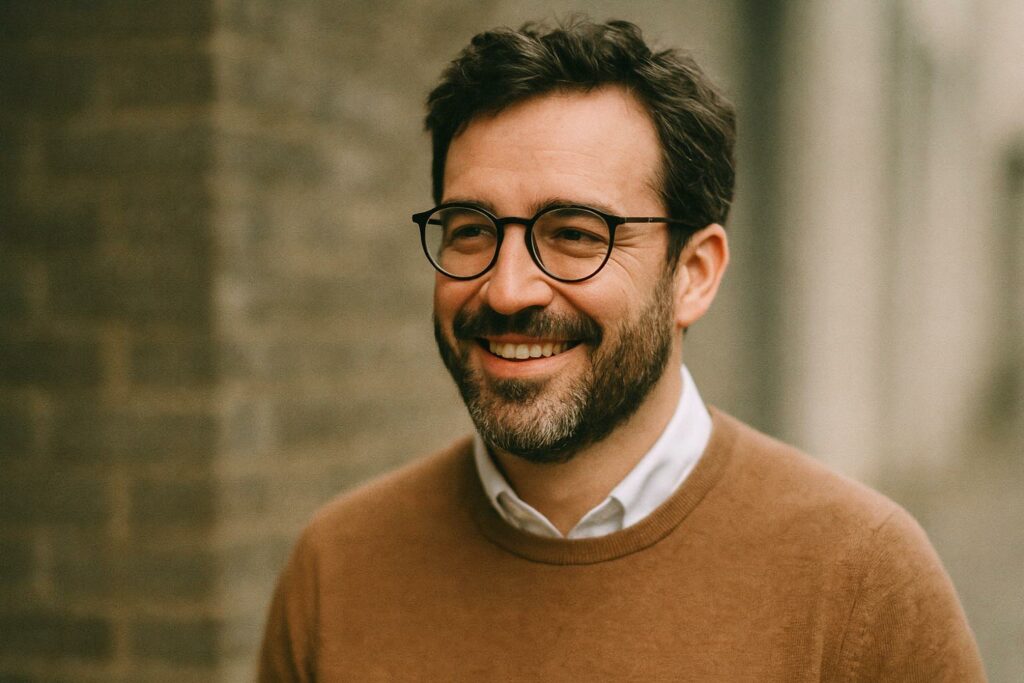Presidential Decree Sets a New Tone for Media Governance
On 7 August 2025, Presidential Decree 2025-340 entrusted Médard Milandou Nsonga with the presidency of the Conseil supérieur de la liberté de communication (CSLC). The nomination, applauded by the Ministry of Communication, has been presented as part of a broader governmental roadmap aimed at “consolidating democratic debate through responsible journalism”. While some foreign observers interpret the move as continuity, domestic stakeholders perceive a possible inflection point, given Mr Nsonga’s dual background as a journalist and cultural impresario.
CSLC’s Institutional Evolution and International Benchmarks
Created in 2001, the CSLC was conceived to operate in the spirit of Article 19 of the International Covenant on Civil and Political Rights. Successive reviews by UNESCO (2023) and the African Commission on Human and Peoples’ Rights (2024) underline that Brazzaville’s legal framework ranks among the most elaborate in Central Africa, yet implementation gaps persist. The new president inherits a body endowed with investigative powers, but also a history of cautious jurisprudence that has occasionally prompted concern from Reporters Without Borders. Government officials contend that the regulator has safeguarded pluralism by mediating more than 300 disputes since 2019, citing a 70 percent settlement rate without resorting to suspension.
Navigating Political Demand for Stability and Journalistic Autonomy
The Congolese executive has repeatedly affirmed that media stability is “an indispensable pillar of national cohesion”. In a recent press briefing, Minister Thierry Moungalla reiterated that the CSLC’s independence is guaranteed by law, adding that “regulation is not supervision”. Editors’ guilds nevertheless point to episodes of temporary closures of radio stations and to the need for clearer appeal procedures. Diplomats based in Brazzaville emphasise that maintaining domestic tranquillity while enlarging civic space is a test common to many emerging democracies; they view Mr Nsonga’s tenure as an opportunity to demonstrate conciliatory leadership rather than enforcement-driven oversight.
The Digital Horizon: From Newsrooms to Algorithms
More than 55 percent of Congolese citizens now access information primarily on mobile devices, according to the 2025 GSMA report on Sub-Saharan connectivity. Online outlets such as VoxCongo and BrazzaWeb have multiplied, capitalising on real-time storytelling. The CSLC has recently drafted guidelines on disinformation, inspired by models adopted by the African Union and the Francophonie, emphasising transparency of algorithms over blunt content takedowns. Stakeholders in the tech sector advocate a sandbox approach that encourages innovation, cybersecurity resilience and training programmes for fact-checking. Mr Nsonga has hinted at partnerships with universities and telecom operators to build a dedicated digital literacy fund, a proposal welcomed by the Economic Community of Central African States as a template for regional harmonisation.
Capacity-Building and Financial Sustainability of Congolese Media
Beyond normative debates, the economic fragility of newsrooms remains acute. A 2024 study by the Congolese Union of Journalists found that 68 percent of local outlets operate with fewer than ten employees, often without social protection. The Ministry of Finance has floated the idea of tax incentives for investments in media infrastructure, echoing recommendations from the World Bank’s “Media Development in Africa” programme. Mr Nsonga’s experience as promoter of the Tam-Tam d’Or festival positions him uniquely to mobilise private sponsorship and diaspora engagement. Observers in Paris and Abidjan underline that cultural diplomacy—through music and creative industries—can diversify revenue streams while reinforcing national soft power.
Regional and Diplomatic Implications
Congo-Brazzaville’s partners, including the European Union and China, have keen interest in the country’s information ecosystem, both for commercial reasons and for security cooperation in the Gulf of Guinea. Maintaining a regulatory environment perceived as predictable is thus intertwined with foreign investment confidence. In dialogues with foreign embassies, officials have underscored President Denis Sassou Nguesso’s commitment to the principles of the Brazzaville Declaration on Electoral Transparency (2022). Diplomatic sources suggest that tangible progress on media governance could serve as a confidence-building measure ahead of multilateral forums, thereby enhancing Congo’s standing within the African Continental Free Trade Area negotiations.
Measured Optimism and the Road Ahead
As Médard Milandou Nsonga formally assumes office, the calibration of expectations is palpable. Journalists seek procedural clarity and reduced punitive measures; government voices prioritise stability and national cohesion; international partners monitor how regulatory reform aligns with continental standards. The CSLC’s new leadership will be judged less by rhetorical flourish than by pragmatic milestones: a revised code of ethics, transparent licensing, and consistent jurisprudence. In the words of a senior editor at Les Dépeches, “We do not demand perfection—only predictability.” Whether that aspiration materialises may well define Congo-Brazzaville’s media landscape for the next decade.

